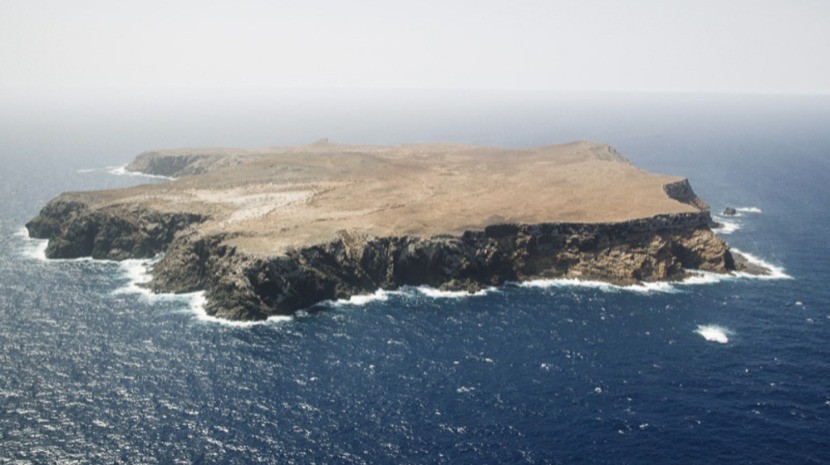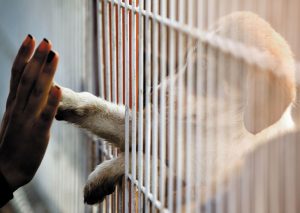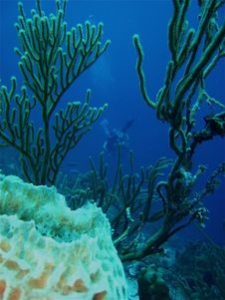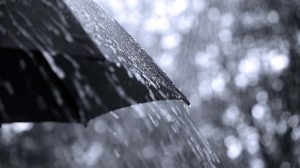A team from the Portuguese Institute of Atmosphere and Sea (IPMA), the Regional Laboratory of Veterinary and Food Safety of Madeira (LRVSA), the Maritime Police, the Institute of Forests and Nature Conservation (IFCN-IP-RAM), and LIDH Foundation (Go Deeper-EmPowered by Yamaha Programme) are currently stationed at Selvagem Grande conducting a sampling campaign for the collection of fish potentially contaminated with ciguatoxins (CTX).
These activities are part of the EuroCigua-2 project, co-financed by the European Food Safety Authority (EFSA).
The Selvagens Islands, at the southern end of the Portuguese coast, are considered a ciguatera hotspot in Europe. Several reports of poisoning after the consumption of fish, both in Madeira and in the Canaries, originated from fish caught off these islands. The main objective of the collection of biological material containing ciguatoxins is the purification of these compounds, essential for the development of analytical methodologies for their detection and quantification.
CTX does not harm its host fish but is poisonous to humans. They can only be detected through testing as the toxin cannot be smelt, tasted, or destroyed through cooking.
Samantha Gannon
info at madeira-weekly.com











